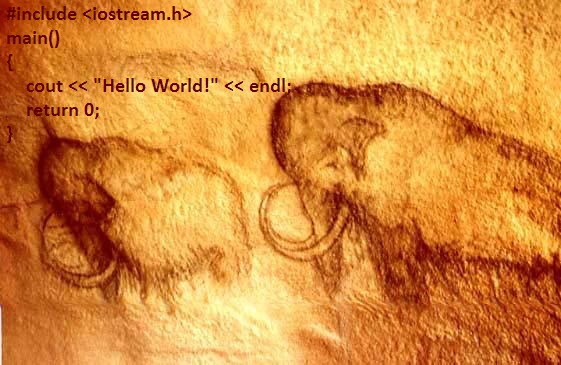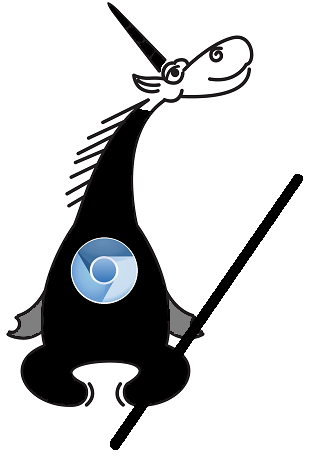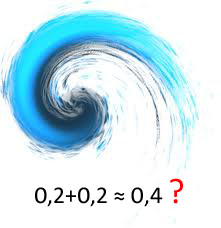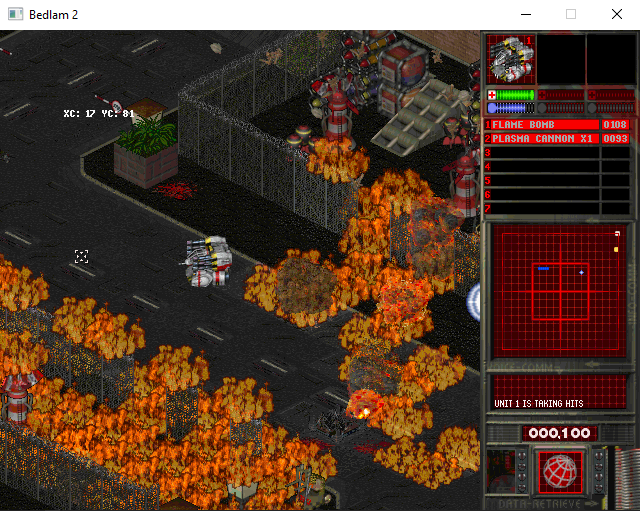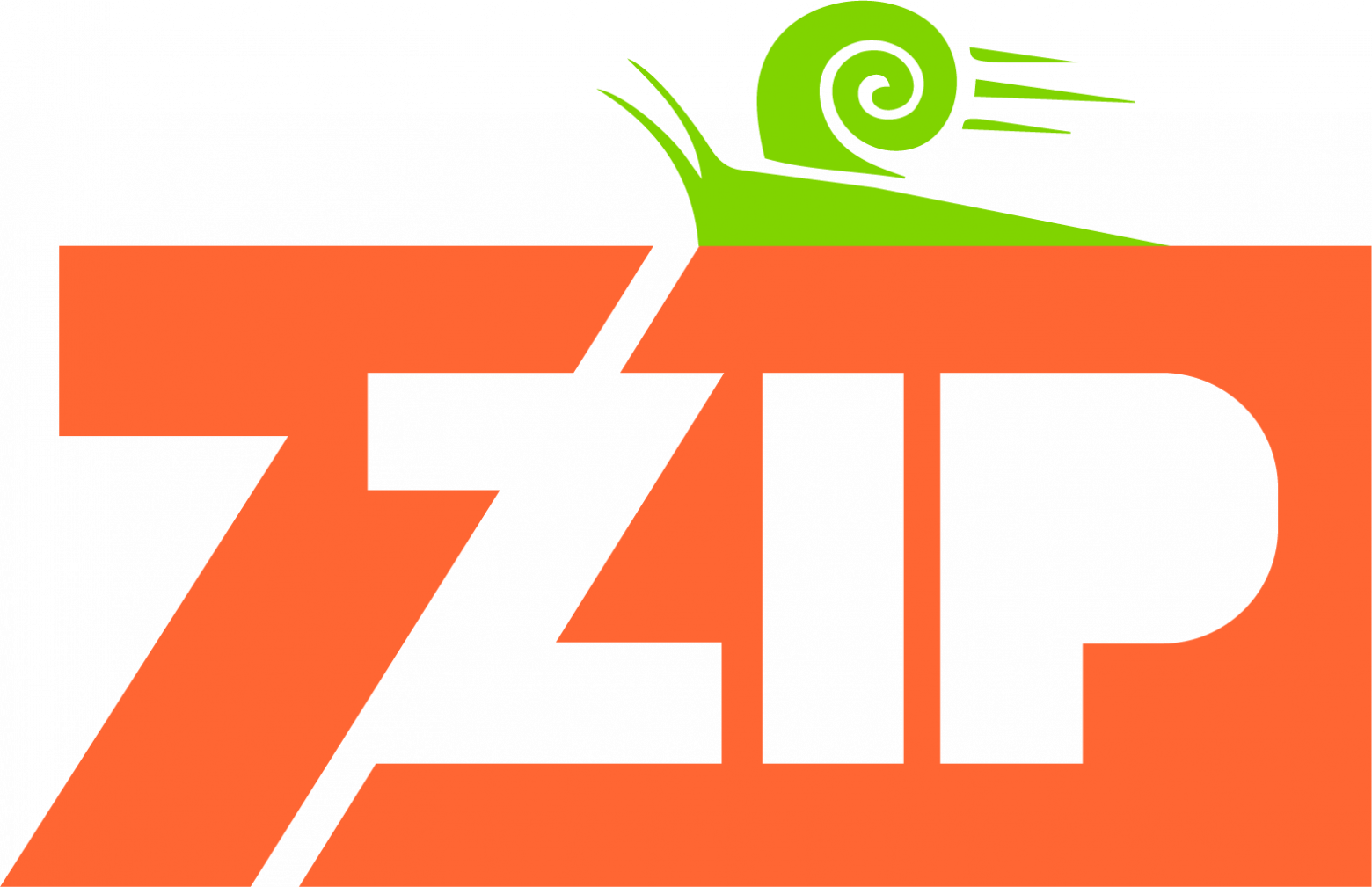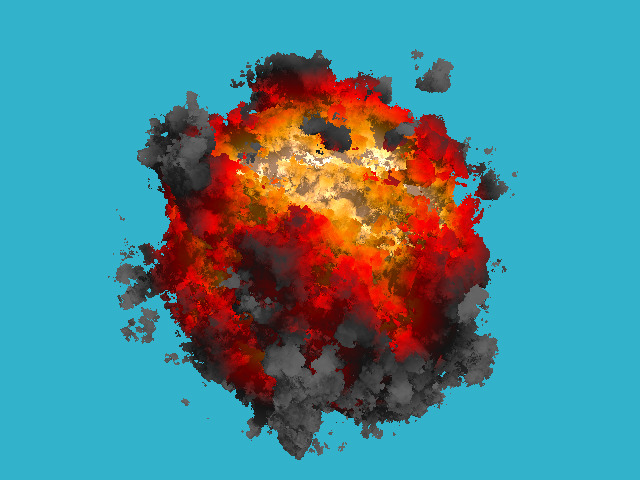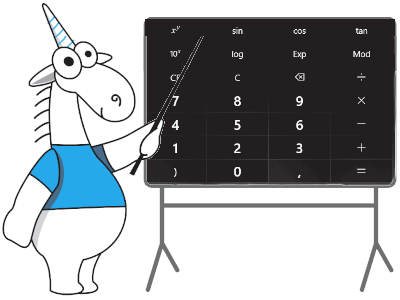Публикую очередную главу из моего
курса лекций по компьютерной графике (вот
тут можно читать оригинал на русском, хотя английская версия новее). На сей раз тема разговора —
отрисовка сцен при помощи трассировки лучей. Как обычно, я стараюсь избегать сторонних библиотек, так как это заставляет студентов заглянуть под капот.
Подобных проектов в интернете уже море, но практически все они показывают законченные программы, в которых разобраться крайне непросто. Вот, например, очень известная
программа рендеринга, влезающая на визитку. Очень впечатляющий результат, однако разобраться в этом коде очень непросто. Моей целью является не показать как я могу, а детально рассказать, как подобное воспроизвести. Более того, мне кажется, что конкретно эта лекция полезна даже не столь как учебный материал по комьпютерной графике, но скорее как пособие по программированию. Я последовательно покажу, как прийти к конечному результату, начиная с самого нуля: как разложить сложную задачу на элементарно решаемые этапы.
Внимание: просто рассматривать мой код, равно как и просто читать эту статью с чашкой чая в руке, смысла не имеет. Эта статья рассчитана на то, что вы возьмётесь за клавиатуру и напишете ваш собственный движок. Он наверняка будет лучше моего. Ну или просто смените язык программирования!
Итак, сегодня я покажу, как отрисовывать подобные картинки:



